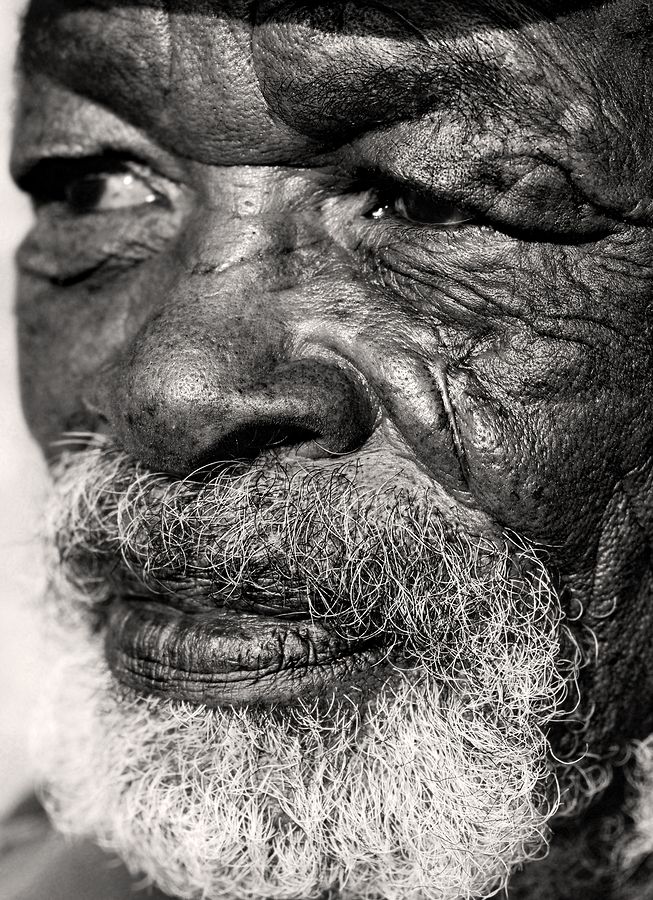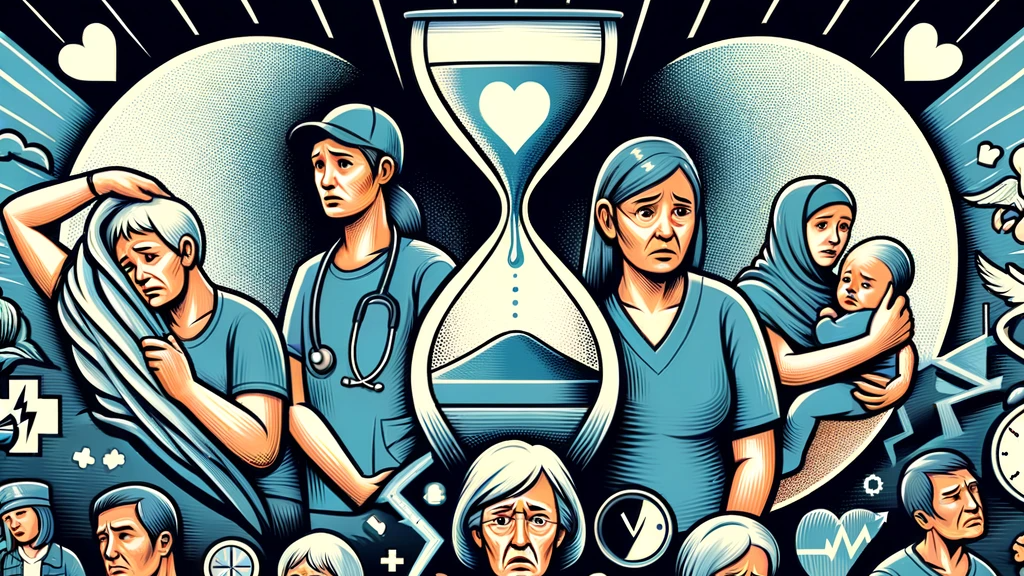Unspeakable Secret: Study Finds Family Caregivers of Dementia Harbor Suicidal and Homicidal Thoughts
A new study by Griffith University and Menzies Health Institute Queensland shows that 1 in 4 family caregivers of dementia have considered suicide. The study also explores the issue of homicidal thoughts among caregivers.

It is important to understand there are hundreds of thousands of family caregivers of dementia are providing care for a loved one.
It is a physically and emotionally demanding job. For many, providing this care becomes unbearable for some. A Griffith University and Menzies Health Institute Queensland study shows that one person in every four who cares for a family member with dementia has considered suicide more than once in the past year. Many also admitted they were at risk of attempting suicide in the future. These findings have been published in the International Journal of Geriatric Psychiatry.
In first study of its kind, family caregivers of dementia have also been studied by Griffith University's and Menzies Health Institute Queensland for homicidal thoughts.
The objective, led by, Dr. Siobhan T. O'Dwyer was to study "Family carers of people with dementia have higher than average rates of suicidal ideation, but there has been no research on homicidal ideation in this population. The aim of this study was to explore thoughts of homicide in family carers of people with dementia"
The research study noted that six caregivers to report either homicidal thoughts or passive death wishes were female. This is inconsistent with the fact that the majority of Caregiver-Dependent Homicide-Suicides committed by senior adults were perpetrated by men.
“What we think is happening is that women might be reporting more, but men are more likely to act, so I think particularly in the context of older men caring for wives with dementia, we really need to be checking in with them, asking how they’re going, listening to their answers, because if we wait for them to tell us they’re not coping it might be too late,” said Dr O’Dwyer. She went on to say, " Some 13 carers who had not contemplated homicide said they understood how other carers could, and they identified factors that could contribute to these thoughts – such as frustration, lack of support and a sense the carer role was never-ending."
While these studies were done in Australia, the rate of homicide-suicide in senior adult couples has risen ten fold since 1988 in the US. Those taking care of a spouse with Alzheimer’s, called Caregiver-Dependent Homicide-Suicides have been found to be a large percentage of senior deaths. These murder suicide deaths are usually preformed without the wife's consent.
"This study might give us a better indication for risk factors and how we might intervene to stop these sorts of deaths in the future,” explained Dr. Siobhan T. O'Dwyer.
I agree, with Dr. O'Dwyer. We are in a world-wide crisis with the increase in the aging population of those developing dementia and their caregivers. Studies show 60% of caregivers develop depression during their caregiving journey. Social isolation, declining health and changes in living situations all may play a contributing part to developing depression. Caregivers are providing amazing care, under difficult circumstances. Thoughts of suicide - homicide only occur when a person feels that they have exhausted all their coping mechanisms.
While not everyone that has these thoughts will follow through, it is a reflection of the pressure our society places on the family caregiver. Dr O'Dwyer says "Carers are making a significant social contribution but much of the stress they experience stems directly from the lack of social, political and economic support. So it is things like the delays in dementia diagnosis, a lack of access to quality respite care, a lack of understanding from employers, challenges with negotiating the aged care system.”
This is a Public Health Crisis
The Need for Change Starts With Us
While organizations are promoting a cure for this terrible disease, there is not enough being done for the family caregiver. Churches, communities, employers and organizations, as well as our government needs to develop respite care programs. Health care professionals need to assess the family caregiver and address their needs and concerns.
Some Statistics:
- The value of unpaid family caregivers will likely continue to be the largest source of long-term care services in the U.S., and the aging population 65+ will more than double between the years 2000 and 2030, increasing to 71.5 million from 35.1 million in 2000.
[Coughlin, J., (2010). Estimating the Impact of Caregiving and Employment on Well-Being: Outcomes & Insights in Health Management, Vol. 2; Issue 1] - Updated: November 2012 - Caregivers suffer loss of wages, health insurance and other job benefits, retirement saving or investing, and Social Security benefits-- losses that hold serious consequences for the "career caregiver." A reported 37% of caregivers quit their jobs or reduced their work hours to care for someone 50+ in 2007.
[AARP Public Policy Institute 2008: Valuing the Invaluable: The Economic Value of Family Caregiving] - Updated: November 201
As the single largest pillar to the long term care industry, family caregivers need to unite and inform the churches, communities and state and federal legislators on the need for support. Without the family caregiver providing these services the long term care industry would be so over burdened, it would fall. Please take time to share your thoughts with those at your state and local levels.
What Are Your Needs and Concerns ?
What Services or Programs Would Make a Difference in Your Life as a Caregiver?
How Can Others Help Make Your Situation Easier?
You might also like this article:











